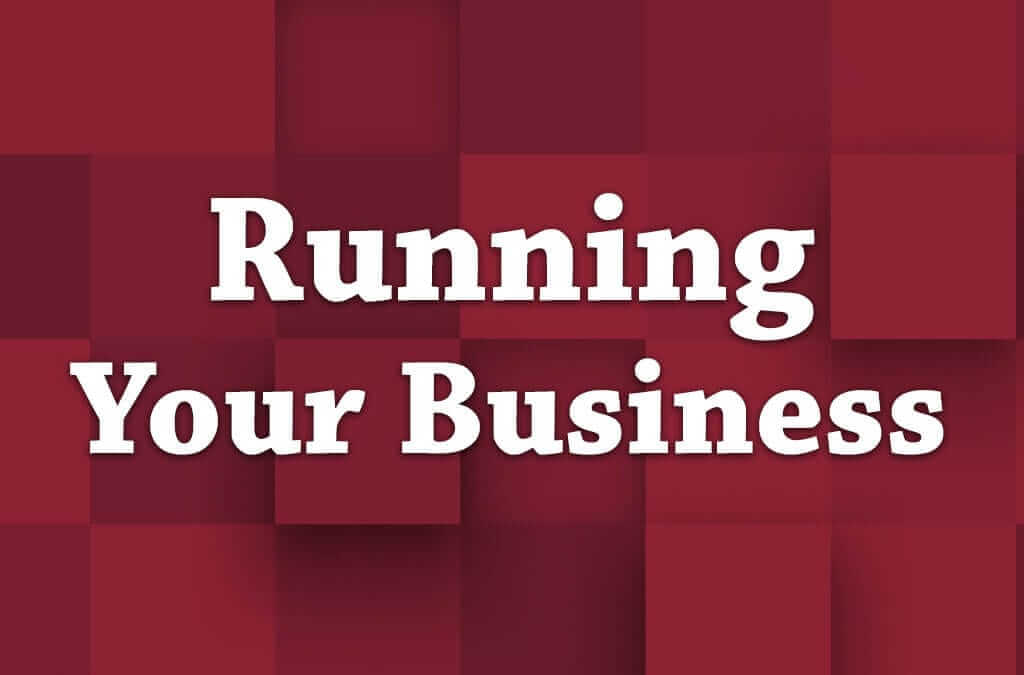The economic recovery that followed the Great Recession has been ongoing for quite a while now, but toward the end of 2015 it started slowing down a little bit. It may therefore come as no surprise to many entrepreneurs across the country that the slowdown resulted in a similar downturn for small business borrowing – one that seems to have at least some experts concerned.
Small business lending for the month of December – the latest for which complete data was available – showed that while borrowing among these companies in the final month of the year was up from November's relatively low totals, it was still a little bit below those seen a year earlier, according to the latest Small Business Lending Index from Thomson Reuters and PayNet. Indeed, December's 132.4 was an increase of a little more than 4 percent from November's 127.3, but still down about 1.3 percent on an annual basis.
 Small business owners have many things to consider these days.
Small business owners have many things to consider these days.Why is that worrisome?
This comes at a time when the economy is stalling out a little bit, with oil prices worldwide dropping considerably in the last few months, and U.S. economic growth likewise slowing to a relative crawl, the report said. In fact, the year-over-year decline in small business lending actually comes despite the fact that there were huge steps forward in the first half of the year.
This issue was felt particularly in Texas, where there is a significant oil industry presence, the report said. Likewise, on a national level small business lending for the agriculture and mining industries took a fairly significant hit. This was true, to a lesser extent, of wholesale trade, transportation, and construction. On the other hand, though, there may be some room for positive sentiment to linger, as well.
What's the good news?
This may just be a temporary issue as entrepreneurs wait to see how the economy will progress in the coming months, the report said. Indeed, the rate of delinquency on small business loans that were 30 or more days past due fell in December to a record low of just 1.44 percent, indicating that the companies themselves may be in solid financial shape but just waiting to make sure the national economy can recover before they take on major financial obligations once again.
"What started as a full gallop in 2015 is barely trotting along now," said Bill Phelan, president of PayNet. "We are barely replacing worn-out assets here. [Small businesses] are settling in for a long time in waiting for what they view as a difficult situation to come to an end. I don't think it's time to break the glass and pull the alarm yet, because financial health got better."
To that end, any entrepreneurs who are thinking about the ways in which they can ensure future success for their companies may want to think about seeking financial investment advice and coming up with a financial plan with the help of a community bank. These can be extremely beneficial to any small firm's long-term success.

